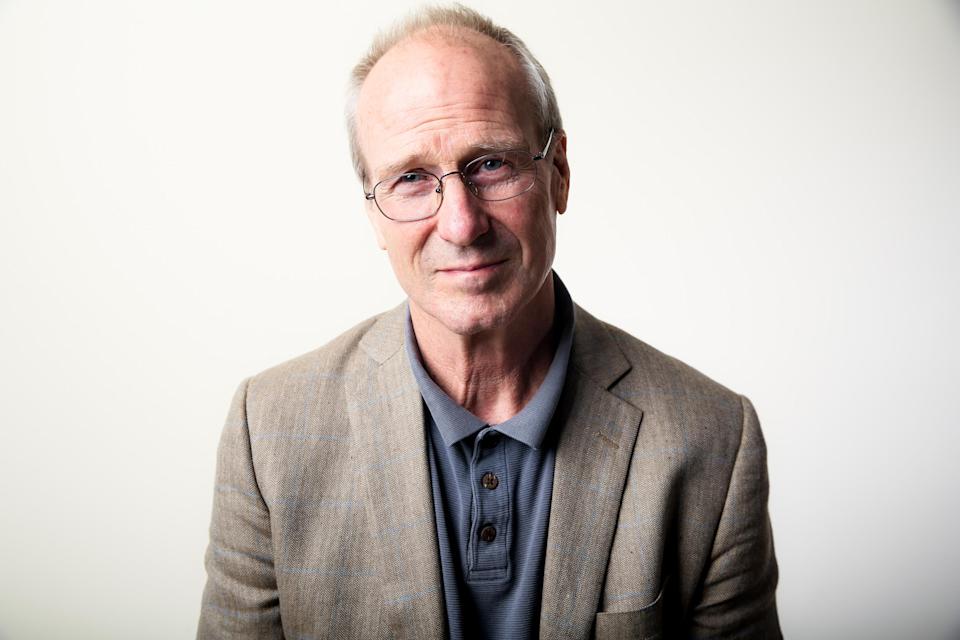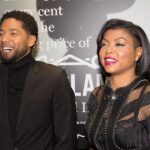
William Hurt, the Oscar-winning actor who starred in films like Body Heat, The Big Chill and Broadcast News, has died at the age of 71.
Hurt’s son Will confirmed his father’s death in a statement Sunday. “It is with great sadness that the Hurt family mourns the passing of William Hurt, beloved father and Oscar winning actor, on March 13, 2022, one week before his 72nd birthday,” the family said. “He died peacefully, among family, of natural causes. The family requests privacy at this time.
More from Rolling Stone
A three-time nominee for Best Actor at the Academy Awards, Hurt won an Oscar in the category for his role in 1985’s Kiss of the Spider Woman. After first appearing on the big screen in the 1980 sci-fi horror film Altered States — a role that earned him a Golden Globe nomination — Hurt quickly became one of Eighties cinema’s most versatile leading men, bouncing between neo-noirs (Body Heat, Eyewitness), romantic comedies (Broadcast News, The Accidental Tourist) and drama (Children of a Lesser God).
“He can play any kind of part he wants,” producer Alan Ladd Jr. said of Hurt for the actor’s 1981 Rolling Stone cover story. “He’s a great character actor, but let’s face it, he’s a leading man.”
The following decade, Hurt settled into more of a character actor, appearing in films like A.I. Artificial Intelligence, The Village, Syriana, The Good Shepherd and Mr. Brooks. He received a fourth Oscar nomination, this time for Best Supporting Actor, in 2005 for his role as a crime boss in David Cronenberg’s A History of Violence.
Younger audiences, however, likely best know Hurt for his reoccurring role as General Thaddeus “Thunderbolt” Ross in the Marvel Cinematic Universe; Hurt first portrayed the character in 2008’s The Incredible Hulk before reprising the general in four more Marvel movies: Captain America: Civil War, Avengers: Infinity War and 2021’s Black Widow.
[embedded content]
Born in Washington, D.C. in 1950 and a graduate of the Julliard acting school, Hurt made the leap from theater to cinema with Ken Russell’s Altered States, with Hurt in the leading role of Professor Edward Jessup in the pioneering body horror film. The following year, Hurt landed in Eyewitness and the cult neo-noir Body Heat; that film’s director Lawrence Kasdan and Hurt reunited in 1983 for the beloved boomer ensemble comedy The Big Chill.
Hurt’s next three role would land him Best Actor nominations in three consecutive years: 1985’s Kiss of the Spider Woman (his lone Oscar win), 1986’s Children of a Lesser God (which he starred in alongside his then-girlfriend Marlee Matlin, who won the Best Actress Oscar that year) and 1987’s Broadcast News, with Hurt in the role of a sportscaster who falls forward into the position of nationwide news anchor.
Albert Brooks, who co-starred in Broadcast News as Hurt’s romantic rival, tweeted Sunday, “R.I.P. William Hurt. So sad to hear this news. Working with him on Broadcast News was amazing. He will be greatly missed.”
[embedded content]
However, after Broadcast News and the turn of the Nineties, Hurt – who called Hollywood “pretty shallow,” “commercialized and homogenized” in his Rolling Stone interview – took a turn toward off-beat independent films (Wim Wenders’ Until the End of the World and 1995’s Smoke stand out) as well as memorable supporting roles in films like Dark City, One True Thing and Michael. In recent years, Hurt largely appeared on television, co-starring in the series Goliath, Damages, Condor and, most recently, guest-starring on Mythic Quest. And after long avoiding Hollywood blockbusters – Hurt reportedly turned down a role in Jurassic Park – Hurt found an occasional home in film’s biggest franchise, the Marvel Cinematic Universe.
Hurt’s career was not without controversy, however: In her 2009 memoir, Matlin wrote about being violently sexually assaulted by her much-older then-boyfriend Hurt. (“My own recollection is that we both apologized and both did a great deal to heal our lives,” Hurt said in a statement at the time.)
“Acting is building the tip of the iceberg,” Hurt told Roger Ebert in 1988. “You have to build what isn’t seen and then play the tip. Only a little bit of the iceberg is ever seen, but it is massive. That’s sometimes hard to do in American movies, where the philosophy is to show the whole iceberg. We’re not used to having passive heroes, we’re used to the active, go get ’em guy… We risk, not knowing what is going to happen next. I oppose this idea that we have to vicariously live in the images of movie heroes who always know what’s going to happen next. That’s just not how life is.”
[embedded content]
Best of Rolling Stone




